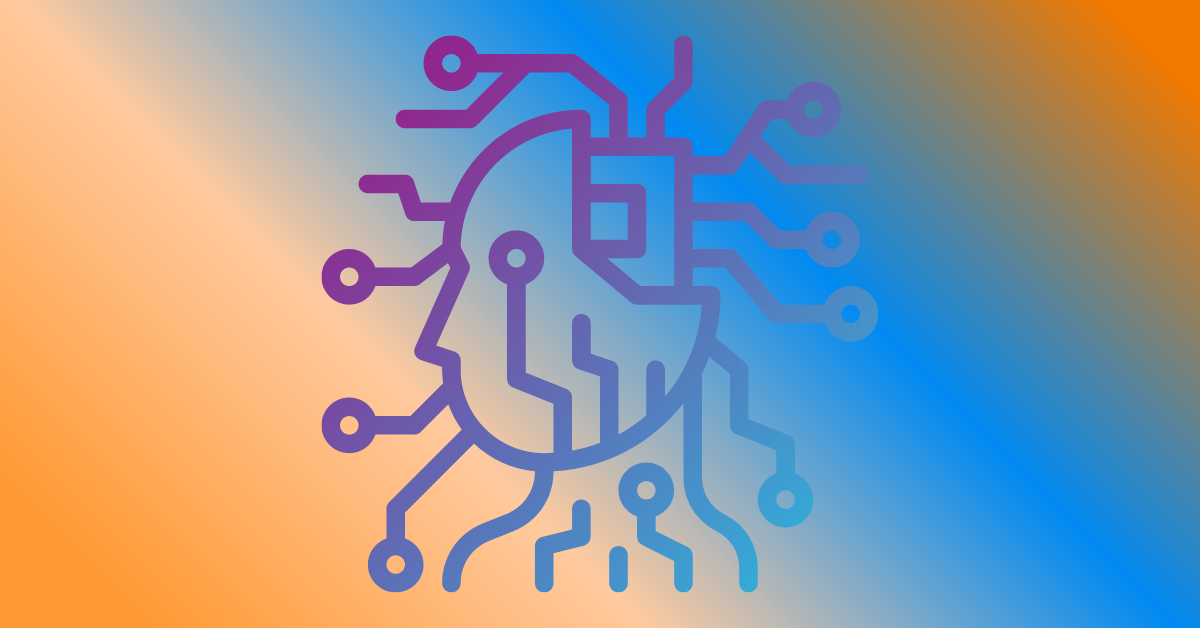Artificial Intelligence (AI) has become an integral part of our lives, from virtual assistants like Alexa, Google Home, and Siri to recommendation algorithms that suggest products and content. While AI has the potential to revolutionize industries and improve our daily experiences, it also raises ethical concerns, particularly when driven by business interests.
AI’s rapid advancement has led to a proliferation of applications across various domains, each vying for a slice of the market. While competition is essential for technological progress, it can sometimes come at the cost of ethics. When AI is driven solely by business interests, there is a risk of prioritizing profit over the well-being of individuals and society as a whole.
Issues such as biased algorithms, data privacy violations, and surveillance have emerged, highlighting the darker side of AI when motivated by financial gain. These issues have raised questions about the ethical use of AI and the need for a more principled and human-centric approach.
Ethical AI Beyond Business Interests
Ethical AI, free from the shackles of profit motives, strives to address these concerns. It emphasizes responsible development, deployment, and use of AI technologies. Let’s delve into some of the key principles that govern Ethical AI without business interest:
- Human-Centric Design:
The core principle of ethical AI is to design and deploy AI systems with a primary focus on benefiting humanity. This involves putting human interests, values, and well-being at the forefront of AI development. - Transparency and Accountability:
Ethical AI promotes transparency in the decision-making process of AI systems. It ensures that users and stakeholders understand how AI systems arrive at their conclusions and are accountable for the consequences of these decisions. - Fairness and Bias Mitigation:
To mitigate bias and discrimination in AI, Ethical AI prioritizes fairness, ensuring that AI systems do not perpetuate harmful stereotypes or favor specific groups. It includes continuous monitoring and auditing of AI models. - Privacy Preservation:
Protecting user data and privacy is a fundamental aspect of Ethical AI. It requires robust data anonymization, consent-based data usage, and measures to prevent unauthorized access. - Inclusivity:
Ethical AI aims to include a diverse range of perspectives in AI development. This helps avoid the pitfalls of homogenous development teams, which may overlook certain ethical considerations.
Trustworthy AI
Trustworthy AI is a key component of Ethical AI without business interest. It is the foundation upon which society can rely on AI systems and trust that they will behave ethically and responsibly. Trustworthy AI encompasses various elements:
- Reliability:
Trustworthy AI should be dependable and consistently perform as expected. It minimizes the risk of errors and unexpected behavior. - Safety:
AI systems must prioritize safety, ensuring they do not cause harm to users, physically or mentally. - Robustness:
Trustworthy AI can withstand unexpected conditions or adversarial attacks without breaking down or behaving inappropriately. - Explainability:
AI systems should provide understandable explanations for their decisions, allowing users and stakeholders to comprehend and trust the technology. - Accountability:
When things go wrong, Trustworthy AI systems are equipped with mechanisms for assigning responsibility and rectifying issues. - Ethical Behavior:
Trustworthy AI always adheres to ethical guidelines and principles, demonstrating its commitment to the well-being of humanity.
In an age where AI is becoming increasingly intertwined with our daily lives, the pursuit of Ethical AI without business interest is not just an aspiration but a necessity. By upholding principles of transparency, fairness, inclusivity, and human-centric design, we can build AI systems that are a force for good, advancing technology while preserving the values that define our society. Trustworthy AI stands as the bedrock of this endeavor, inspiring the trust and confidence that we need in these transformative technologies. As we move forward, let our commitment to Ethical AI be a beacon guiding us toward a future where technology serves humanity, free from the shadows of business interests and ethical dilemmas.


